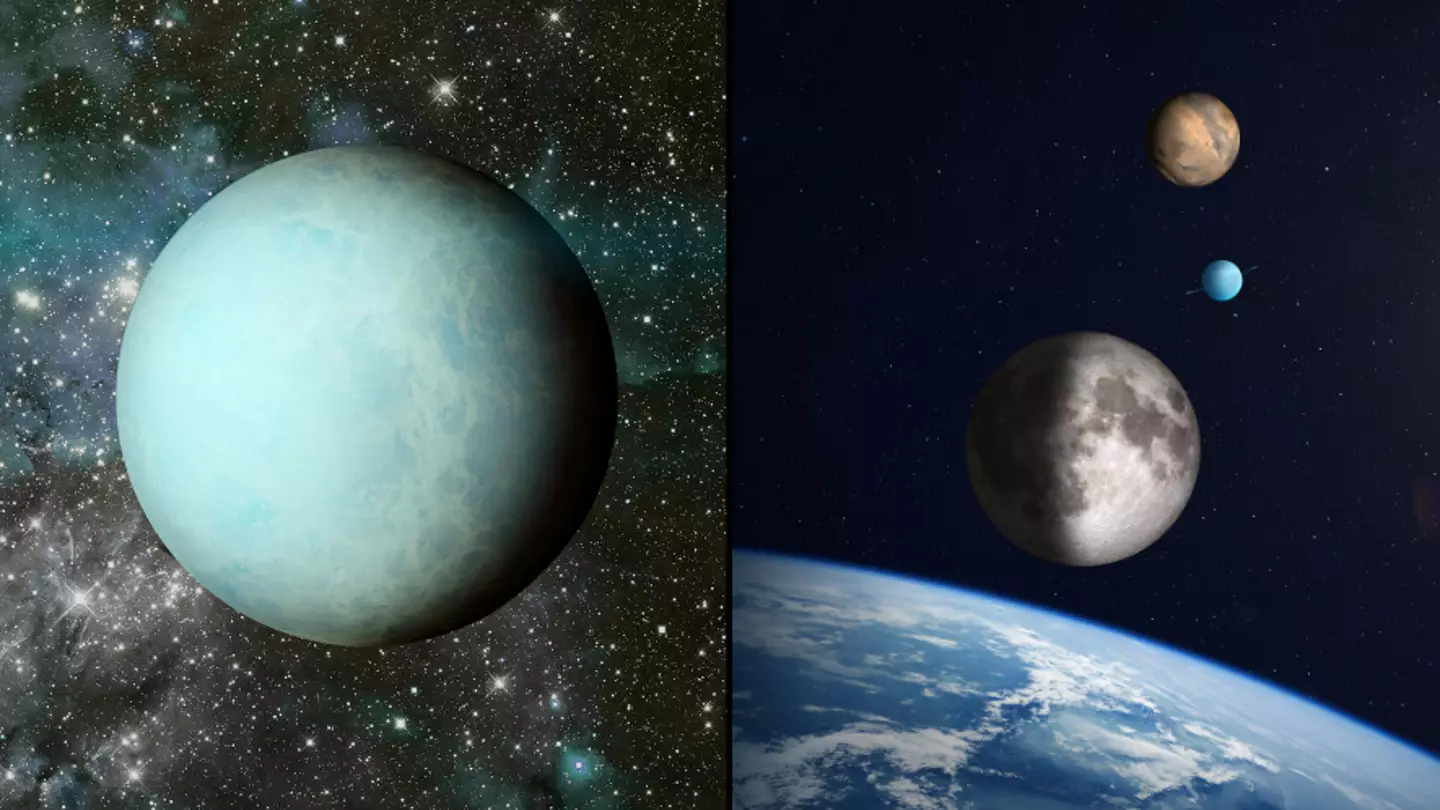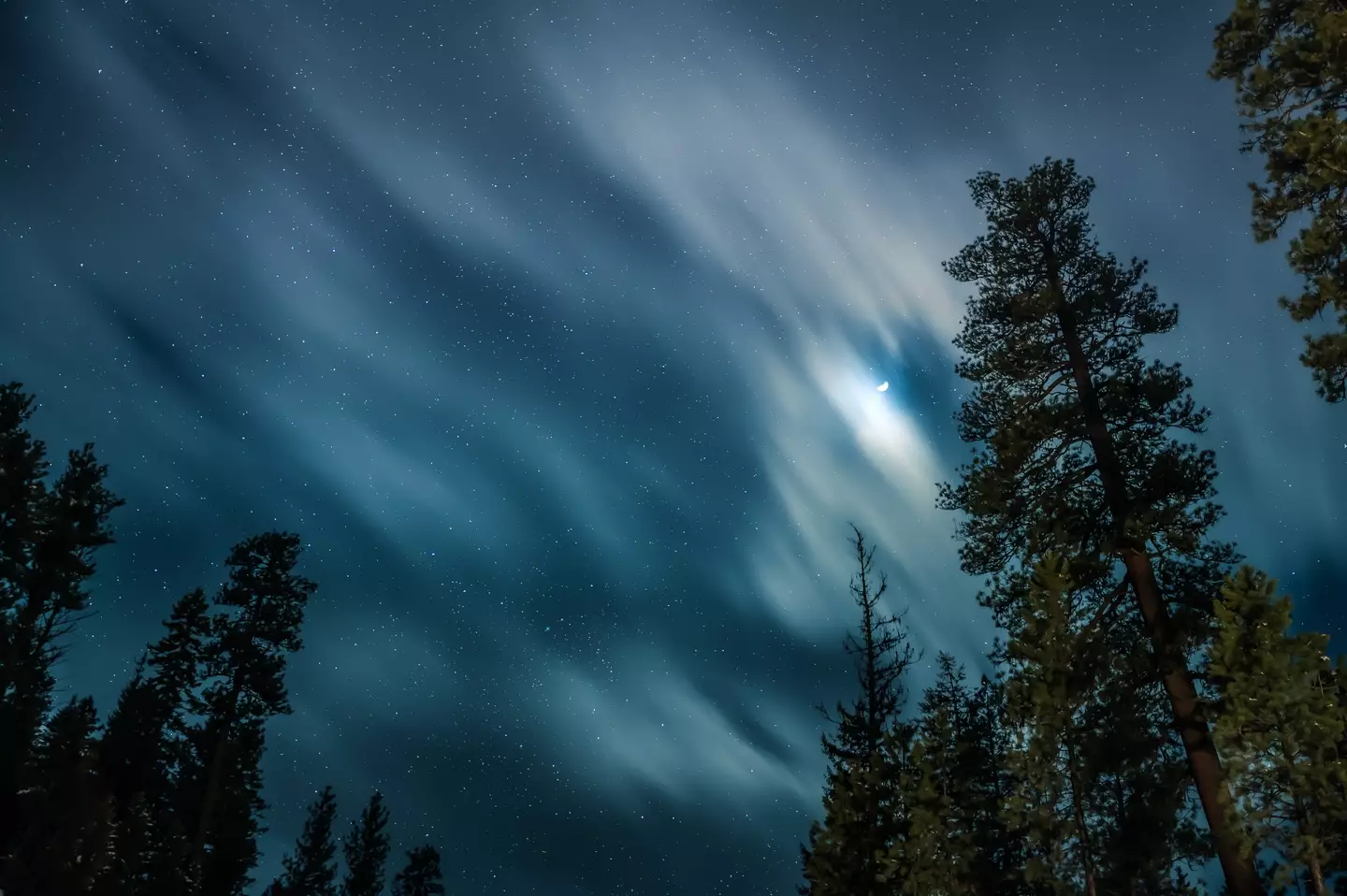
Lost for plans for the coming weekend? Can't be bothered to go out on the town? Low on cash to pay for a meal out at a restaurant?
We have you covered. Well, Uranus does. And no, that's not a euphemism.
It has been reported that this weekend, Uranus is set to make a star appearance in the evening sky above the UK.
On Sunday evening (6 March), anyone with eyes to see and a pair of binoculars to see through should have the opportunity to gaze at the distant planet, unless, of course, they live in London where the buildings block the sky and city lights drown the stars (sorry Londoners.)
Advert

Uranus is quite a lot further away from Earth than other planets like Mars, Venus, and Jupiter, so it will be quite dim and perhaps difficult to spot for those who do give it a shot.
Stargazers usually need a high-powered telescope to see anywhere close to the planets in the night sky, but Sunday evening's spectacle will be available through binoculars with a 7x50 or 10x50 magnification (terms and conditions apply.)
The best way to spot Uranus on Sunday night (again, not a euphemism) is to first find the moon and use it as a starting point.
Astronomy.com's guidelines read: "A useful guide is the waxing crescent Moon, which sits in Aries March 6 — a lovely sight in the evening sky.
Advert
"Swing your binoculars between 3° and 4° northeast of our satellite to find Uranus."

For those with a good knowledge of the night sky, search for the brightest star in Aries, Hamal, and the brightest star in Cetus, Menkar. Between them should be Uranus (come on guys, simmer down.)
Apps like Night Sky, SkySafari, and Star Walk can also help people find the right spot where, with a dash of luck, they might find Uranus.
Try, if you can, to find somewhere far away from city lights (sorry Londoners) where you can immerse yourself in darkness for the spectacle.
Advert

And for the history nerds among us, Uranus was first discovered in 1781 by a chap called William Herschel, according to Travel+Leisure.
It's the seventh planet in the solar system we inhabit and lies 1.784 billion miles from the sun, which is pretty damn far by our reckoning.
Weirdly, Uranus has 27 moons (greedy) and some scientists believe its clouds rain diamonds.
